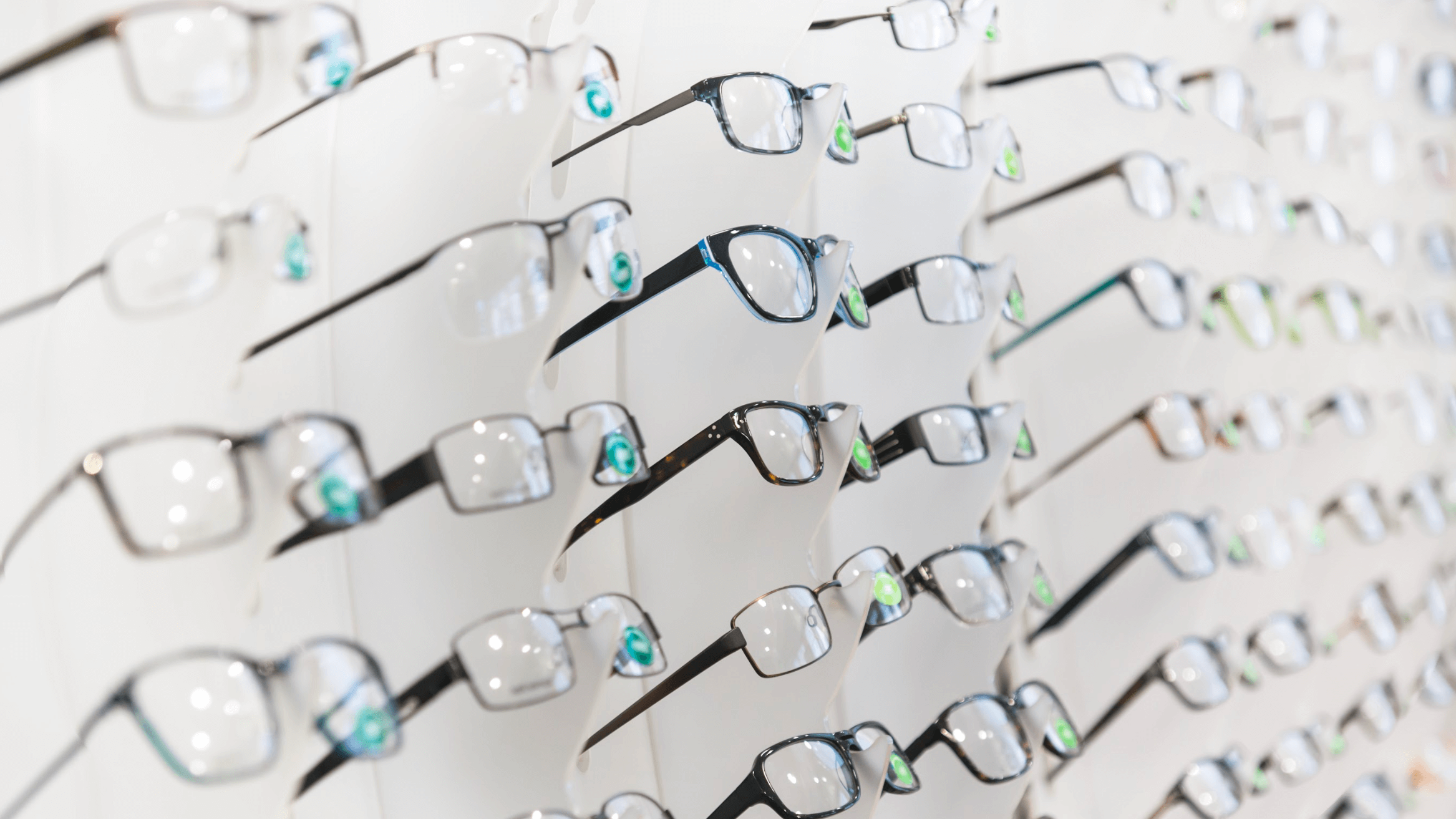Will You Still Need Glasses After Cataract Surgery?
&srotate=0)
If you're considering cataract surgery, one of the most common questions people ask is whether they will still need glasses after cataract surgery. Cataracts can cloud the lens of the eye, making it harder to see clearly. Fortunately, cataract surgery is a highly effective procedure that can restore your vision and improve your quality of life. But does this mean you'll no longer need glasses? The answer isn't a simple yes or no, and often will depend on a few factors. Let's dive into the details to help you better understand what to expect after cataract surgery. When you're ready, contact our Delray Beach, FL facility to schedule a consultation.
What is cataract surgery, and how does it affect your vision?
Cataract surgery is a common and highly effective procedure that removes the clouded natural lens of the eye and replaces it with a clear artificial intraocular lens (IOL). This surgery is performed to restore clarity to vision, which can be impaired by cataracts that develop with age or due to other factors. By removing the cataract, the surgery removes the primary cause of blurred or hazy vision. Depending on the type of IOL chosen, cataract surgery can also correct refractive errors like nearsightedness or farsightedness, significantly improving overall visual quality.
Can cataract surgery remove the need for glasses?
The type of intraocular lens you choose during cataract surgery can influence whether or not you'll need glasses after cataract surgery. There are different types of IOLs available, and your ophthalmologist will discuss which one is suited to your vision needs.
- Monofocal lenses: These lenses are designed to focus on a single distance. If you choose a monofocal lens for distance vision, you may still need reading glasses after cataract surgery for tasks like reading or working on the computer.
- Multifocal lenses: These lenses provide multiple points of focus, allowing you to see both near and far without the need for additional glasses. Multifocal lenses are a popular option for those who want to reduce their dependency on glasses.
- Toric lenses: If you have astigmatism, toric lenses may be the right choice. These lenses correct astigmatism and can offer clearer vision at multiple distances, potentially reducing the need for glasses.
Will cataract surgery improve my vision overall?
In most cases, cataract surgery at our Delray Beach, FL facility results in significant vision improvement. Many patients report a dramatic increase in clarity and color contrast, along with a reduction in glare or halos around lights. However, it's important to note that cataract surgery itself does not correct other refractive errors, such as nearsightedness, farsightedness, or presbyopia (age-related difficulty focusing on near objects). You may still require glasses after cataract surgery for specific activities.
What are the benefits of choosing the right IOL for my lifestyle?
Choosing the right type of IOL can make a significant difference in your post-surgery experience. If you prefer to avoid glasses altogether, a multifocal or toric lens might be ideal. If you're only concerned with improving distance vision, a monofocal lens could be sufficient. Our team can help guide you in selecting the lens that aligns with your lifestyle and vision goals.
Gain clarity with cataract surgery
Cataract surgery offers a great opportunity to restore your vision and, depending on the type of lens chosen, potentially reduce or remove your dependence on glasses. However, you may still need glasses after cataract surgery for certain tasks, especially if you opt for monofocal lenses. If you're considering cataract surgery and have questions about your options, contact Rothchild Eye Institute in Delray Beach, FL today to schedule a consultation. Our team is here to help you achieve the clearest vision possible.